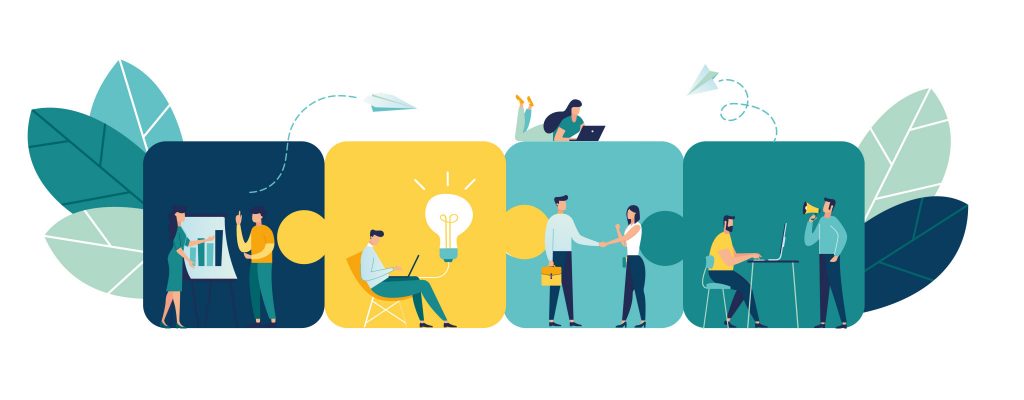In Politics and International Relations at CCCU, we believe that students are partners in learning and research. But what does this mean in practice – and why is it important? Dr Susan Kenyon explains our approach.
When students join the Politics / International Relations course at CCCU, they become partners in a team. We learn together and we research together. We are co-learners and co-researchers, learning with and from each other and conducting research studies together.
There are lots of benefits to this partnership approach.
For students, studies show that learning and research partnerships between students and academics increases student success, in their studies and in employment, post-graduation. This is because partnership increases engagement with and interest in their subject. It increases the feeling of being part of a learning community, increasing belonging. It gives increased sense of purpose to learning, giving a reason to learn; and it creates a more equal learning relationship. All of these factors are particularly important for students at CCCU.
For academic staff, this partnership is equally valuable. Our learning never stops! We learn from our students, in two key ways.
- We learn how to become better teachers when we research our learning and teaching with our students.
- We learn about our subject, progressing and deepening our knowledge and understanding. This is because students provide alternative experiences and perspectives, injecting fresh thinking into debates that can become stale if we only listen to people with the same knowledge that we have. Mathew Syed attributes listening to ‘divergent thinking’ to Gareth Southgate’s success. We believe that listening to our students helps us to perform better, too!
This isn’t just a philosophy. It underpins how we teach and the research that we do.

To see how we work in partnership with students, here are some examples from my module, Transport: Politics and Society.
- Learning through research. At the start of teaching, students identify a transport problem that is affecting them, or their community. Throughout the module, they research the problem and find solutions, learning about the wider topic through their own, specific project.
- Producing knowledge. Students are researching areas that have never been researched before, for example, the link between Covid vaccination uptake and access to mobility in their community, or the link between student attendance and transport. They are producing new knowledge, adding to and, crucially, diversifying academic knowledge.
- Gaining skills for future employment. By producing a verbal and written briefing for a decision maker as their assessment, students are developing a skill that will be invaluable in future employment, whatever career they choose.
- Wider career benefits. Students have the opportunity to write and present a conference paper with me and/or to produce a blog. These give valuable skills and look fantastic on their CV.
- Scholarship of learning and teaching. Finally, by discussing, evaluating and critiquing the module, throughout the module, students teach me about their learning needs, enabling me to enhance my teaching whilst I am teaching them.
You can read more about this on the following blogs, co-authored by my students and published by the Political Studies Association: Authentic assessment; and A student led evaluation of online learning.
Dr Susan Kenyon is Faculty Director of Learning and Teaching and Principal Lecturer at Canterbury Christ Church University. Her module, Transport: Politics and Society is available to Level 5 studying BSc Politics and BSc International Relations
Images: Shutterstock
 Politics
Politics Laura Cashman
Laura Cashman 2445
2445


